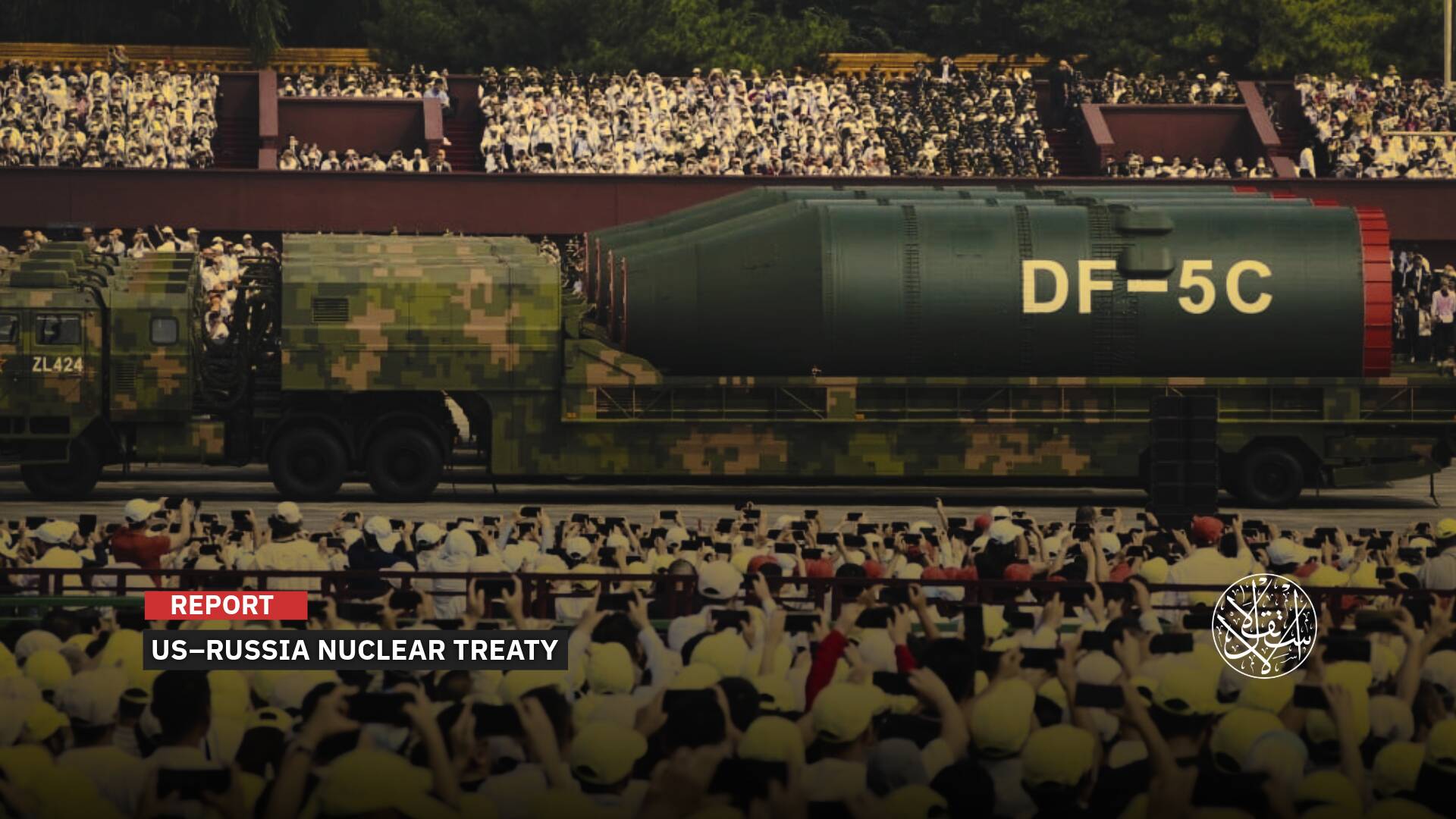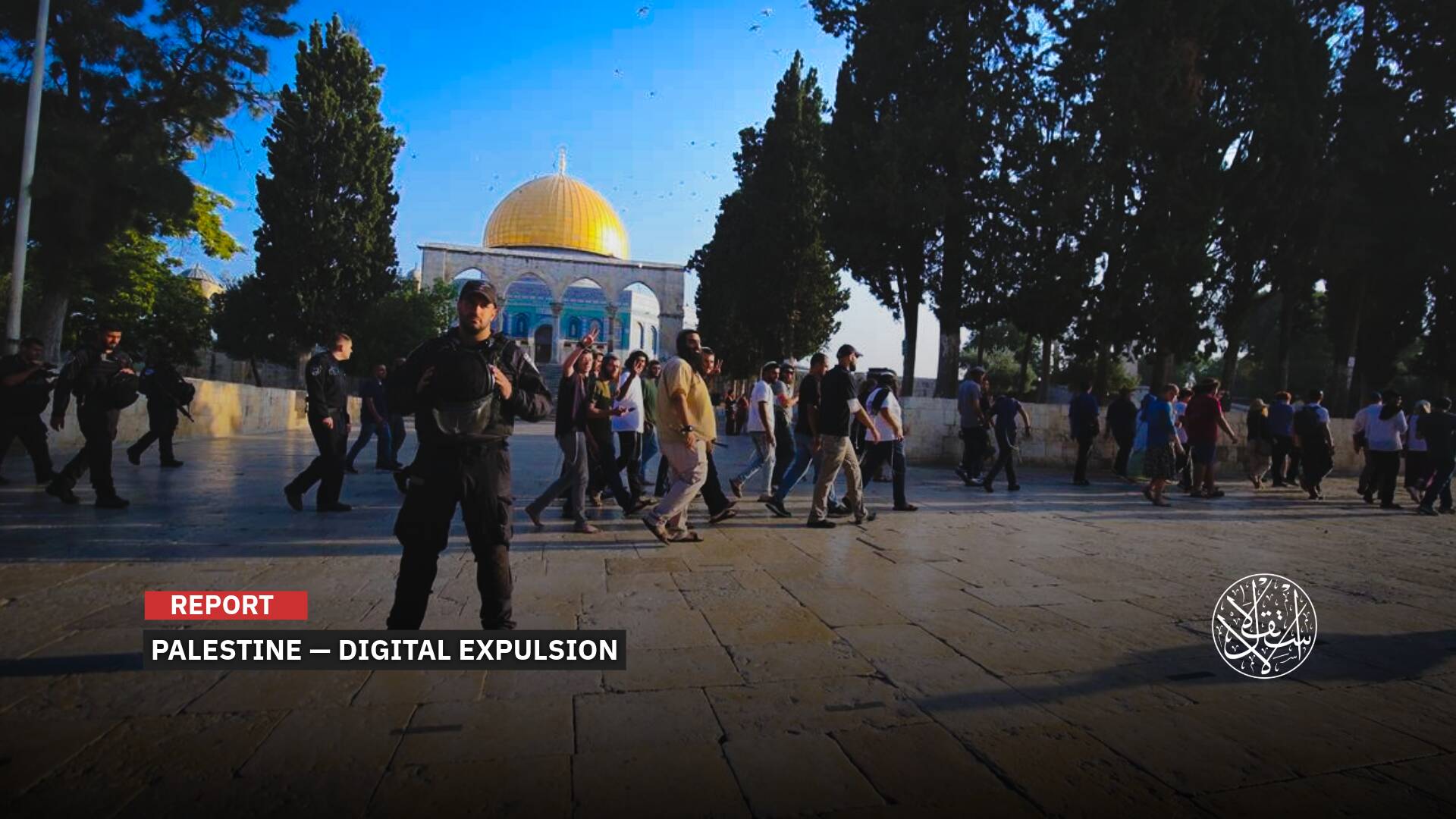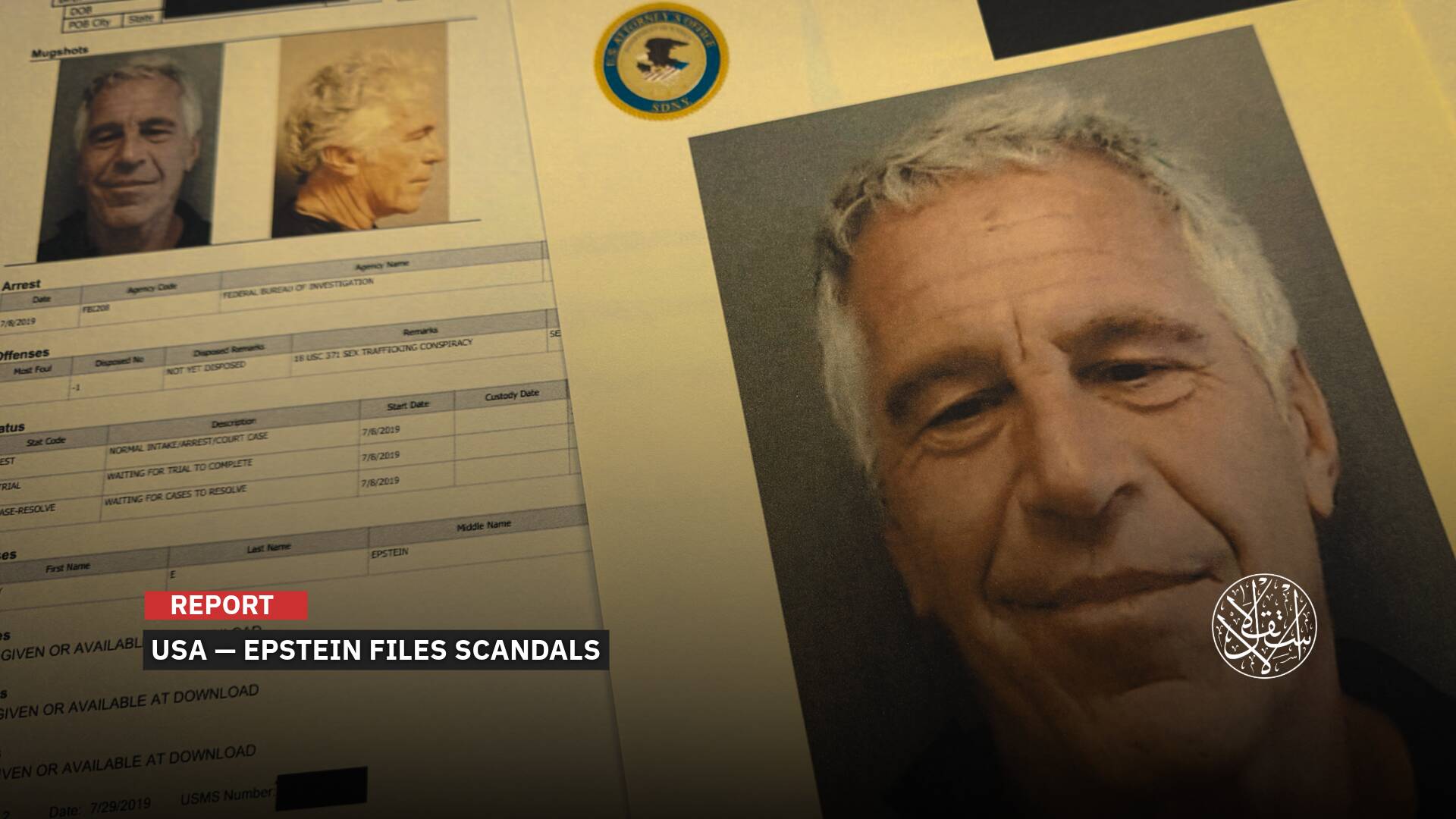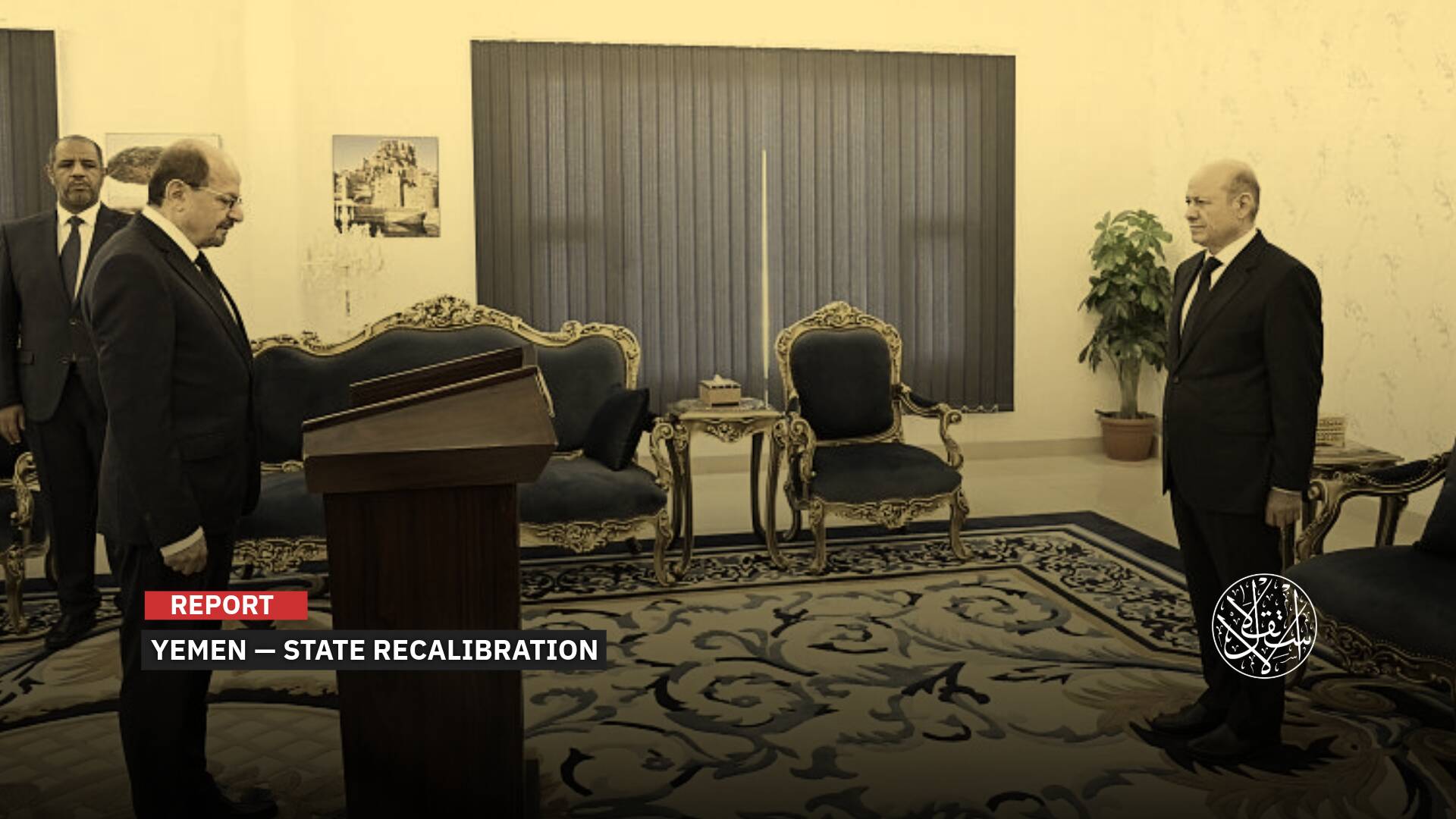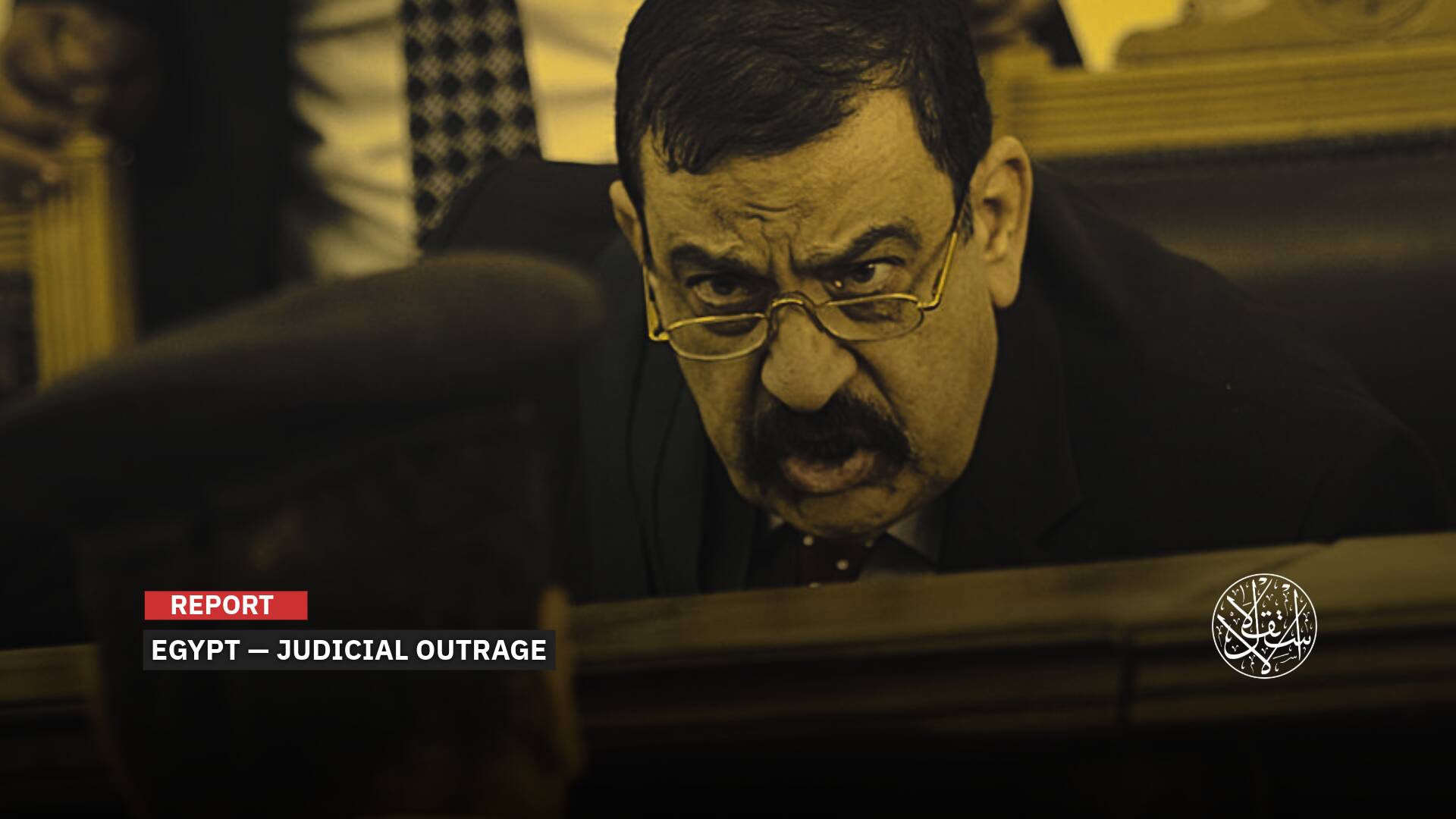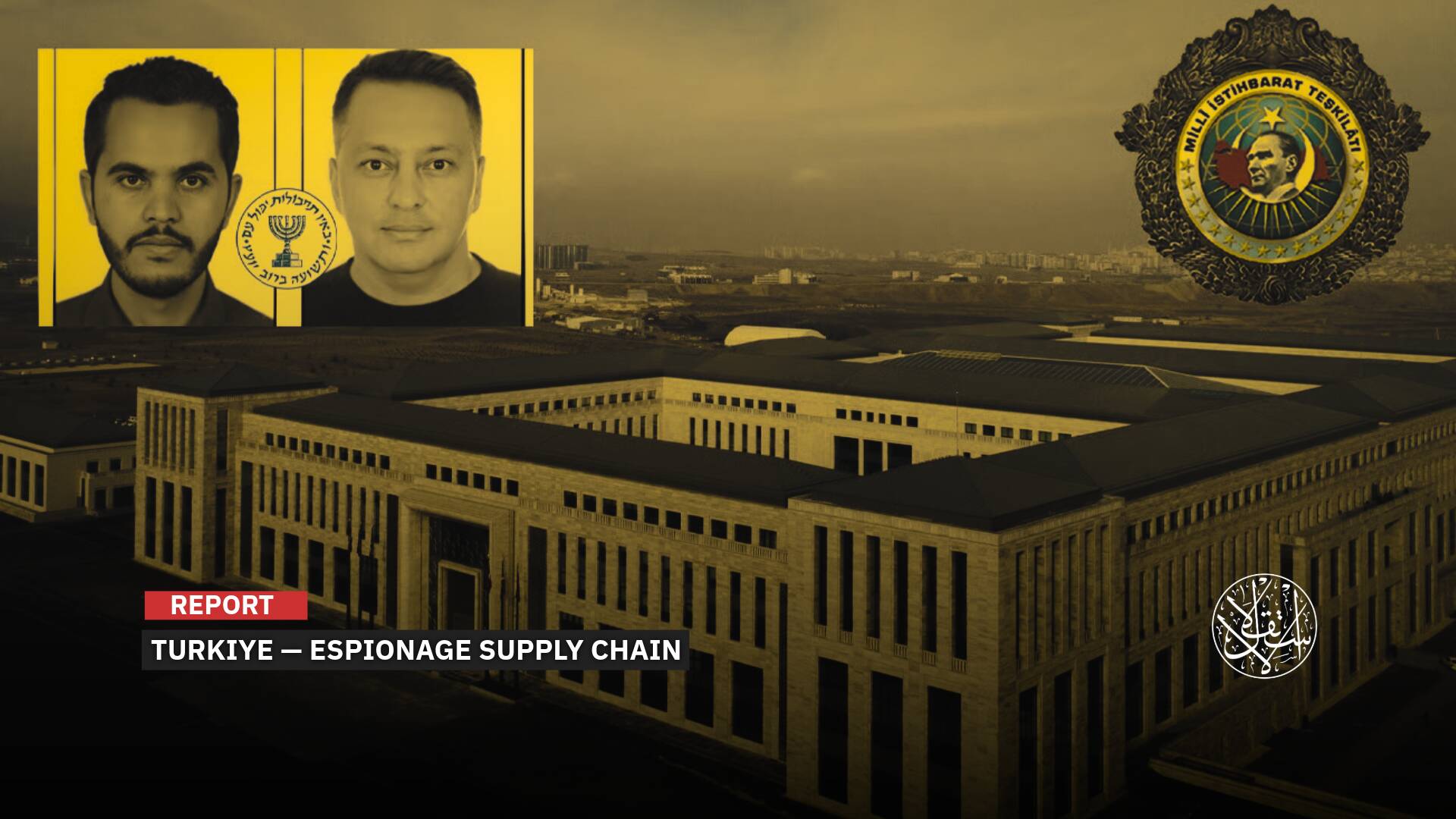With Russia's Complicity: What After Proving That the Assad Regime Is Guilty of 2018 Douma Chemical Attack?

As part of a long-awaited investigation based on a large amount of evidence, the Organization for the Prohibition of Chemical Weapons (OPCW) proved the involvement of the Bashar al-Assad regime in using toxic chlorine gas in the bombing of the city of Douma, in the countryside of Damascus, in April 2018, which resulted in the death and injury of dozens of civilians, refuting the Russian propaganda machine, which claims that the Syrian opposition fabricated the attack.
The Assad regime and its ally Russia have previously denied responsibility for the Douma chemical attack and claimed that the news related to it came at the behest of the United States, which launched air strikes on military sites of the Assad regime days after the incident along with Britain and France.
The Syrian regime joined the OPCW in 2013, under pressure from the international community after it was blamed for another deadly chemical weapons attack, but the regime does not recognize the authority of the OPCW investigation team and denies any reports of its use of chemical weapons in its operations.
Douma Attack
On January 27, 2023, the OPCW said that an investigation that lasted nearly two years concluded that at least one Syrian military helicopter took off from Dumayr air base, which is jointly controlled by the Tiger Forces with Russian forces, and dropped chlorine gas cylinders on residential buildings in the Syrian city of Douma, which was under the control of opposition fighters, in April 2018, killing 43 people and injuring dozens.
Reasonable grounds to identify Syrian Arab Air Forces as perpetrators of 2018 #Douma #ChemicalWeapons attack, #OPCW IIT report concludes.
— OPCW (@OPCW) January 27, 2023
➡️ Swipe to learn more.
The investigators added that they studied a range of possible scenarios and concluded that the Assad regime’s air force carried out the attack.
The inspectors for the prohibition of chemical weapons arrived at the site years ago after obstructions and delays on the part of the Syrian regime, and while they proved the use of toxic chlorine gas, they did not have the authority at the time to say who they believed was behind the attack.
But through the new rules, which were previously opposed by Russia and the Syrian regime, the watchdog is now able to prove the Assad regime’s involvement.
In a statement, OPCW Director-General Ambassador Fernando Arias said that the use of chemical weapons in Douma and anywhere is unacceptable and a breach of international law, adding that “the world now knows the facts, and it is up to the international community to take action.”
OPCW DG Arias: “This third report of the IIT provides the evidence that the Syrian Arab Air Force carried out a chemical weapons attack in #Douma in 2018. The world now knows the facts – it is up to the international community to take action, at the #OPCW and beyond.” pic.twitter.com/Sm8KpQMHvb
— OPCW (@OPCW) January 27, 2023
It is noteworthy that about a week after the Douma chemical attack, the OPCW sent a fact-finding mission to Douma, specifically in mid-April 2018.
According to a report quoted by Reuters on behalf of the organization, various organic chemicals containing chlorine were found in samples taken from two sites, but no evidence of the use of nerve agents was found.
At the time, Washington and other Western countries accused the Syrian regime forces of being responsible for the Douma attack.
On April 18, 2018, Russia rejected a French draft resolution in the Security Council to conduct a new investigation to determine who is responsible for chemical weapons attacks in Syria.

Douma was not the only city that was targeted with chemical weapons, as the Assad regime launched its most prominent chemical attacks on the two Ghoutas of Damascus on August 21, 2013.
At the end of the same month, Washington expressed its strong conviction that the Assad regime used sarin gas in those attacks that killed 1,429 people, including 426 children.
Two attacks also took place in March 2017, in which sarin and chlorine gas were used, targeting the town of Latamneh in the Hama countryside, and in April 2020, the OPCW confirmed the responsibility of the Assad regime for them.
The Syrian Network for Human Rights stated in a report at the end of November 2022 that it had documented the killing of more than 1,500 people in Syria as a result of chemical attacks, most of which were launched by the Assad regime.
According to the network, Syria has witnessed no less than 222 chemical attacks since the first documented use of these weapons on December 23, 2012, until November 30, 2022, of which the Syrian regime was responsible for 217 attacks in various Syrian governorates.
“All attacks killed 1,510 people, including 1,409 civilians, and injured 11,212 people,” the network added.

Russia’s Complicity
Several countries and parties called for the Syrian regime to be held accountable following the OPCW report, which concluded that the Syrian regime was responsible for the Douma chemical attack in April 2018.
In a joint statement, the foreign ministers of the United States, Britain, France, and Germany expressed their strong condemnation of the Syrian regime’s use of chemical weapons, affirming their commitment to hold accountable the perpetrators of all chemical weapons attacks in Syria and beyond.
#ChemicalWeapons | @OPCW report on the attack on #Douma (#Syria) of 7 April 2018
— France Diplomacy (@francediplo_EN) January 28, 2023
Statement by the Foreign Ministers of France , Germany , the United States and the United Kingdom .
➡️ https://t.co/jB3NVY0YFM pic.twitter.com/uy22OUlCVH
The statement also called on Russia to stop protecting the Assad regime from accountability for its use of chemical weapons, highlighting that no amount of disinformation from the Kremlin can hide its hand in inciting the Assad regime.
They made it clear that all the disinformation media in the world would not be able to hide the role played by the Kremlin in encouraging the Assad regime to use these weapons.
It is noteworthy that in the aftermath of the Syrian chemical attack on April 7, 2018, the Russian military police assisted the Assad regime in blocking the OPCW’s access to the attack site and attempted to sterilize it.
The Russian and Assad forces also posted photos online of the aftermath of the attack in an effort to support their fabricated accounts of the incident.
On its part, the Turkish Ministry of Foreign Affairs called in a statement to hold the Syrian regime accountable for its involvement in the 2018 Douma chemical attack.
“Turkiye will continue to support efforts to ensure accountability in Syria, in particular the United Nations and the OPCW,” it stated.
Press Release Regarding the Third Report by the Investigation and Identification Team of the Organization for the Prohibition of Chemical Weapons on Chemical Weapons Attacks in Syria https://t.co/j0EgvGs4eW pic.twitter.com/DTtMyk6GEU
— Turkish MFA (@MFATurkiye) January 28, 2023
The European Union also strongly condemned the use of chemical weapons by Assad’s army, noting that the report’s findings confirm the systematic failure of the Syrian regime to comply with its obligations under the Chemical Weapons Convention and Security Council Resolution 2118.
In a statement, it added that the use of these weapons by anyone, anywhere, at any time, and under any circumstances, is a violation of international law and may amount to war crimes and crimes against humanity.
The statement stressed that those identified as responsible for these heinous acts will be held accountable.
Syria: Statement by the High Representative @JosepBorrellF on the 3rd report of the @OPCW investigation and identification team.https://t.co/siqyJuTZsH
— European External Action Service - EEAS (@eu_eeas) January 28, 2023
It is noteworthy that Security Council Resolution No. 2118 was adopted unanimously in September 2013 after a United Nations investigation confirmed the use of chemical weapons by the Assad regime in an attack against civilians in a suburb of Damascus in August of the same year.
The resolution then demanded that the Assad regime destroy its stockpiles of chemical weapons by mid-2014 and set punitive measures in case of non-compliance.
In October 2013, the Syrian regime provided the OPCW with a preliminary official declaration of its chemical weapons program, including a plan to destroy stockpiles.
However, after nearly 10 years, the UN Disarmament Coordinator, Izumi Nakamitsu, continues to stress that the Syrian regime’s announcement of the destruction of the chemical stockpile cannot be considered accurate or complete.

Absent Justice
Over the past years, the Syrian regime and its ally Russia have always denied their responsibility for the chemical attack.
They have also tried to refute the account of the paramedics, eyewitnesses, and survivors who witnessed the details of the crime at the time by reviewing the accounts of false witnesses from the city itself.
In a series of statements published by opposition institutions, human rights groups, and humanitarian organizations, the White Helmets considered the OPCW report an important and necessary step for establishing the truth.
“However, the report remains insufficient unless the United Nations takes serious and rapid measures for justice and accountability,” it said.
“The OPCW report provides the facts in the face of Russia’s attempts to mislead world public opinion through disinformation campaigns, diplomatic moves, intimidation of witnesses, and the disruption of the work of UN committees and investigation teams,” the White Helmets added.
It called for international collective action to investigate all chemical attacks confirmed by the OPCW and to hold individuals criminally responsible.
The White Helmets’ Statement on the Report of the OPCW Investigation and Identification Team on the Chemical Attack on the City of #Douma
— The White Helmets (@SyriaCivilDef) January 27, 2023
Read the full statement here: https://t.co/Mv0zkOCHNg pic.twitter.com/1vmH8HhNFt
The Syrian American Council (SAC) also called on the international community, in a tweet, not to ignore the OPCW report, to hold the Assad regime accountable for its heinous crimes, and to confront the growing misinformation on social media that denies that fact.
In the face of increasing social media disinformation that denies the undeniable truth of the heinous #Douma attack, the intl. community should not ignore the @OPCW news and must hold the Assad regime accountable for their heinous crimes.
— Syrian American Council (SAC) (@sa_council) January 27, 2023
On its part, the Syrian Interim Government (SIG) welcomed the OPCW report to hold the criminal regime responsible for that brutal attack.
In a statement, it called on the international community to realistically activate the findings of the report by establishing a special criminal court to prosecute regime officials and their accomplices in crime, hold them accountable for this crime and all other crimes and violations committed against the Syrian people over the past years.
In turn, the Syrian Opposition Coalition (SOC) said that this revelation places the international community before the responsibility to eliminate the threat of the Assad regime, which killed and tortured the Syrian people.
The SOC called for imposing measures against the Assad regime under Chapter 7, according to Article 21 of Resolution 2118, especially after several investigations by neutral international organizations that proved the Assad regime’s responsibility for launching several chemical weapons attacks against the Syrian people.
It stressed that the continued existence of the Assad regime means the absence of international justice, and giving it more time means the continuation of the Syrians’ tragedy.
Press release
— Syrian Coalition (@SyrCoalition) January 30, 2023
Syrian Opposition Coalition
Department of Media and Communications
January 29, 2023
On International Community’s Calls for Accountability of Assad Regime for its Crimes
Show more: https://t.co/hpySFIAjgg#Syria #Douma#Assad_Chemical#Time_for_Accountability pic.twitter.com/0fzP94RCWa
On his part, lawyer Hassan Alaswad explained in a statement to Al-Estiklal that “the true international will to achieve justice and accountability for the crimes and violations committed in Syria is still absent,” pointing out that “there will be no legal impacts for the OPCW report.”
However, he added, “The biggest impact of the report will be political, as these condemnations will make efforts to recycle the Assad regime very difficult. Therefore, any democratic regime will refrain from normalizing relations with the Assad regime, which is proven to have used chemical weapons against unarmed civilians.”
In the same context, Mr. Alaswad pointed out that “since politics in international relations is subject to a set of considerations, the most important of which is the balance of power, the application of international law cannot take place outside of these calculations. Therefore, international law and human rights have proven their failure as a moral legal system because of the conflicting international political interests in Syria and because of the absence of the will to implement them there.”
Mr. Alaswad also explained that “rehabilitating the Assad regime simply means allowing all the rules on which the post-WWII order was built to be violated. In addition, it poses a threat to all democratic regimes in the world, and allows the Russians and Chinese to repeat the experience of protecting dictatorial regimes around the world.”
Sources
- OPCW Releases Third Report by Investigation and Identification Team
- Chemical weapons watchdog blames Syrian air force for Douma attack
- The Ninth Anniversary of the Largest Chemical Weapons Attack by the Syrian Regime against Syrian Citizens in the Two Ghoutas of Damascus
- SOC Demands International Action Against Assad Regime Following Confirmation of Chemical Weapon Use for Third Time
- On the Responsibility of the Criminal Regime for the Use of Chemical Weapons in Douma


